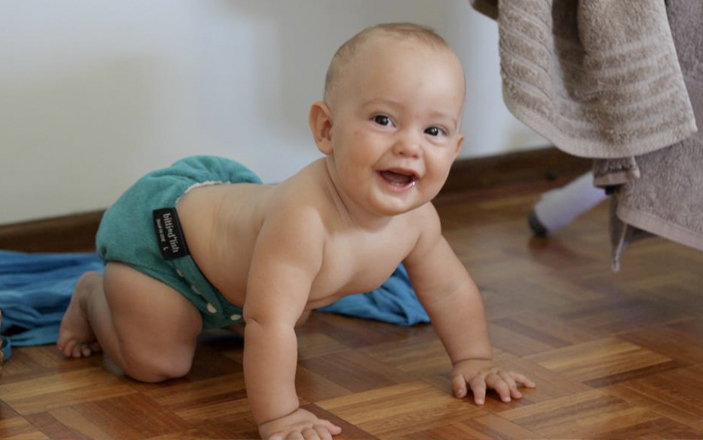
Looking at the latest research into our babies health and development.
“The maternal microbiota drives early postnatal innate immune development.”
Say What?!?
Research is now showing that during pregnancy, a mother’s microbiome shapes the immune system of her fetus. Other studies have found the same thing.
We all have an individual microbiome, or bacteria fingerprint.
The mother’s microbiome directly affects her baby’s microbiome and in turn, the quality of the child’s immune system.
For a long time we’ve known that the quality of a child’s gut bacteria or microbiome affects their immune system.
So what can we do to improve a mother’s gut bacteria?
- Reducing chemical exposure that kills off the good guys. Not sure what that would look like or where to start? Check out Low Tox Life‘s course that will change your world.
- Digesting foods that help nurture and feed the good bacteria.
- Reduce Our Stress. Here are some practical ways to do that.
Humans have approximately 35 trillion cells and as many bacterial cells!
Skip the Spoon
Research from New Zealand is suggesting a baby-led weaning approach may encourage greater satiety-responsiveness and healthy weight-gain trajectories in infants.
Other research has supported this, stating that weaning style, also referred to as complimentary feeding, impacts on food preferences and health in early childhood.
Results suggest that infants weaned through the baby-led approach learn to regulate their food intake in a manner, which leads to a lower BMI and a preference for healthy foods like carbohydrates.
This has implications for combating the well-documented rise of obesity in contemporary societies.
What is Baby Led Weaning?
With baby-led weaning — a term popularized by Gill Rapley, a British public-health nurse and mother of three — babies skip spoon-feeding altogether and head straight to finger foods.
Whole, baby-safe foods are placed in front of baby to pick up and eat himself — allowing him to decide how much to eat and how quickly.
Baby-led weaning promotes healthy food preferences in early childhood, which may protect against obesity.
Baby-led weaning has a positive impact on the liking for foods that form the building blocks of healthy nutrition.
More information about Baby Led Weaning here
Free the Tongue!
Being able to tell the difference between different sounds takes freedom of tongue.
The freedom to make small gestures with their tongue and other articulators when they listen to speech may be an important factor in babies’ perception of the sounds.
Research from University of British Columbia found that babies couldn’t tell the difference between sounds when their tongue was unable to move freely.
Teethers and pacifiers impacted on their perception of sound.
It complements our growing understanding of how much movement is integral to our learning and sensory processing. More about that here!
What else can we do to help our babies thrive?
Rosemary and Tammy are both mothers and primary health care professionals who are passionate about all of our babies health and wellbeing.
Over two weeks in April, they’ll be hosting a two-part workshop, sharing the science and wonder behind giving your child their best start to life.
You’ll discover how to best support your child’s brain & motor development, learning and growth through optimal movement and food.
WORKSHOP ONE – MOVING:
Learn how to nurture and enhance your child’s brain development and support them in reaching their milestones.
Discover:
- How to help your baby move to strengthen their bodies
- How to make play a powerful learning experience
- What toys does your baby need
- What equipment will your baby need to grow strong
- Creating a great learning space at home
WORKSHOP TWO – MUNCHING:
Food is critical to our children’s optimal development. But which foods should you feed them? How should you prepare it? And how do you know when they are ready for food?
Discover:
- How to tell when your child is ready for solids
- What nutrients babies and children need to thrive
- Baby led weaning and conventional baby feeding and how to work out what’s best for you
- Supporting their digestion and immune system
